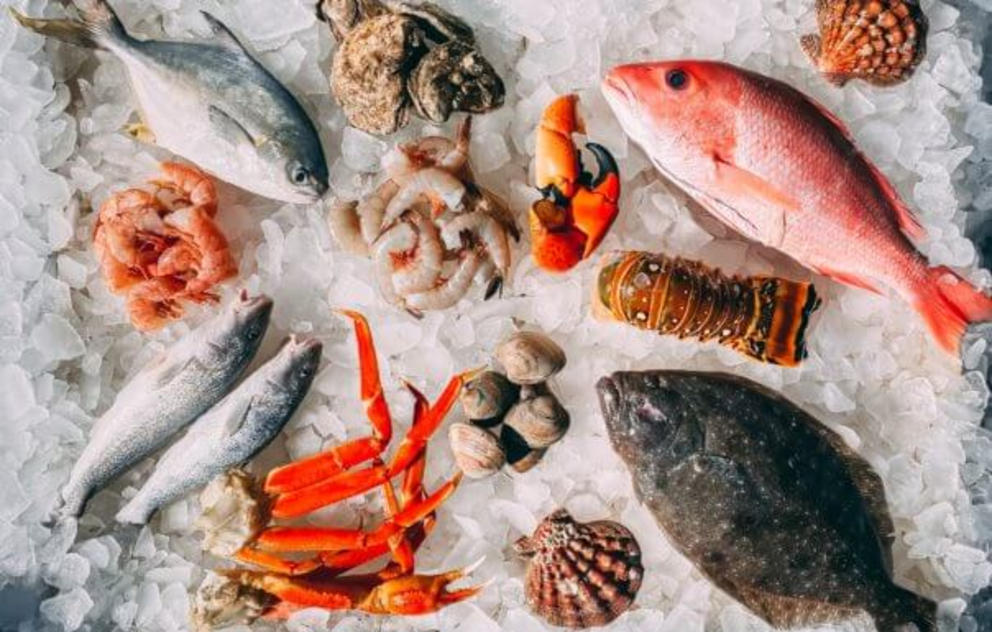Extra shrimp please! Seafood packed with omega-3 fatty acids lowers risk of kidney disease
If you’re still deciding on what to eat for dinner, consider shelling out on a seafood platter. An international team of researchers finds that eating seafood and oily fish high in omega-3 fatty acids helps lower the risk of developing kidney disease. In comparison to eating omega-3s coming from plants, regular seafood consumption also appears to slow down any declines in kidney function.
An estimated 700 million people worldwide deal with chronic kidney disease, a condition that ups the risk for kidney failure and death. Animal studies have linked omega-3 polyunsaturated fatty acids (n-3 PUFAs) to maintaining kidney function, but the data among humans has been unclear. Unlike animals, who have their diets strictly monitored, human diets differ from person to person and there may be some human error when it comes to over or underestimating how much of one food someone eats. Despite limited human evidence, current nutritional guidelines support the consumption of a healthy amount of seafood and oily fish.
To better understand the relationship between seafood, omega-3, and human health, the study authors analyzed 19 studies from 12 countries that measured n-3 PUFA biomarkers in adults and their risk of chronic kidney disease. The biomarkers included eicosapentaenoic acid (EPA), docosahexaenoic acid (DHA), docosapentaenoic acid (DPA), and alpha linolenic acid (ALA).
EPA, DHA, and DPA come from seafood, while ALA is found in plants such as nuts, seeds, and leafy green vegetables.
Seafood eaters lower kidney disease risk by 8%
The study authors assessed the risk of chronic kidney disease by estimating the glomerular filtration rate (eGFR). This measure looks at how well the kidneys get rid of waste and excess fluid from the blood. A normal eGFR is 90-120 ml/min/1.73 m2.
Across the 19 studies, 4,944 participants (19%) developed chronic kidney disease during an 11-year observation period. After excluding other factors, such as smoking, age, body mass index, physical activity, and other health conditions, results show that seafood lowers the risk of kidney disease by eight percent. In contrast, omega-3s in plant-based foods did not have a connection to a lower risk of chronic kidney disease.
The researchers stress that the results are only observational. In other words, they can’t directly link omega-3s in seafood to better kidney health. What’s more, there may be other factors related to kidney disease that the study authors did not consider that may affect kidney health.
“Although our findings do not prove a causal relation between seafood n-3 PUFAs and CKD risk, they are supportive and consistent with current clinical guidelines that recommend adequate intake of seafood as part of healthy dietary patterns, especially when seafood replaces the intake of less healthy foods,” the study authors write in a media release.
The team adds that confirming the benefits seafood plays in preventing chronic kidney disease will require multiple randomized clinical trials.
The study is published in The BMJ.

